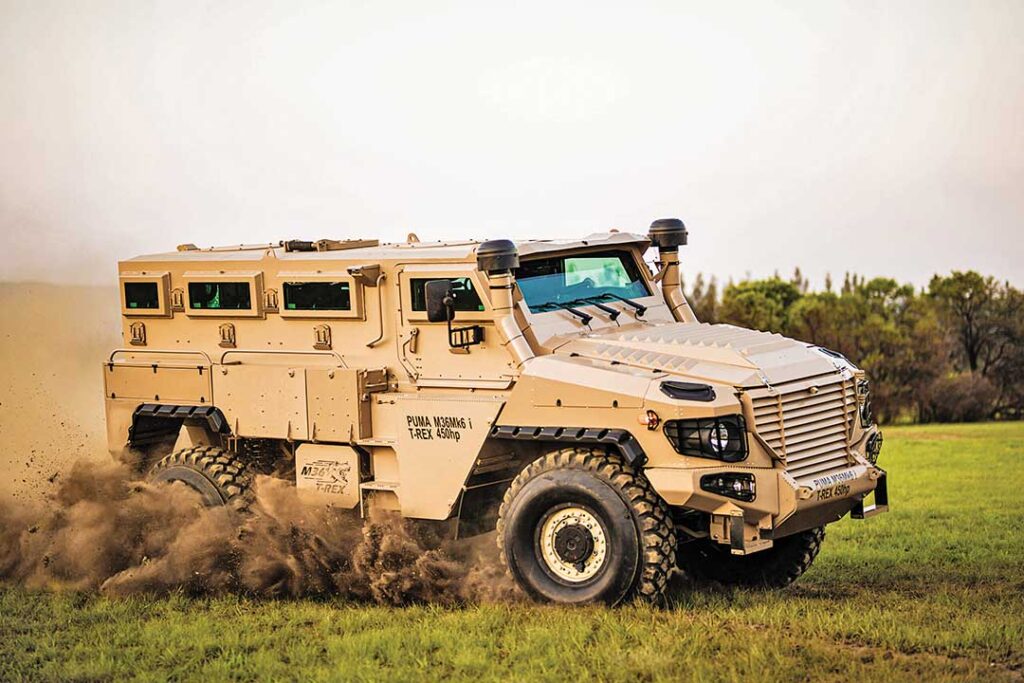DEFENCEWEB
The mobility of African Union Transition Mission in Somalia troops has been boosted with an additional 24 Puma M36 armored personnel carriers donated by the United States.
The Djiboutian contingent will use the vehicles in joint military operations with the Somali National Army in and around Beledweyne and other areas in the Hiran region, according to a mission release.
Handing over the carriers at mission headquarters in Mogadishu, U.S. Ambassador Larry Andre reiterated his government’s support for efforts to bring peace and stability to Somalia and the greater Horn of Africa region.
“An expression of our support, among others, is the donation of these vehicles to help protect African Union forces, in this case Djibouti’s military contingent, as they travel roads which often will be booby-trapped by dangerous explosive devices,” Andre said.
“We know this equipment will make a difference by increasing pressure on al-Shabaab,” he added. “This is in keeping with the Somalia transition plan, which will see an increase in handing responsibilities to Somalia’s security forces.”
The Puma M36 is classified as a medium mine-protected vehicle, according to Military Systems & Technology. It was introduced in 2012 and weighs 14 tons. It carries a crew of up to 12. Its V-shaped moncoque hull protects the crew against mines, improvised explosive devices (IEDs) and machine gun fire. It can be reconfigured to accommodate purpose-designed equipment such as additional radio racks, command and control modules, and ambulance gear.
Fiona Lortan, deputy special representative of the African Union Commission Chair, accepted the vehicles on behalf of the mission. She noted that their arrival came as the mission is reconfiguring troops and equipment.
Over time, al-Shabaab has engaged African Union troops and Somali Soldiers in asymmetric warfare. Fighters place IEDs on main supply routes and in other locations. The donated vehicles will enhance the mission’s counter-IED capability and help protect civilians, critical infrastructure and sensitive sites, and help deliver humanitarian supplies.

